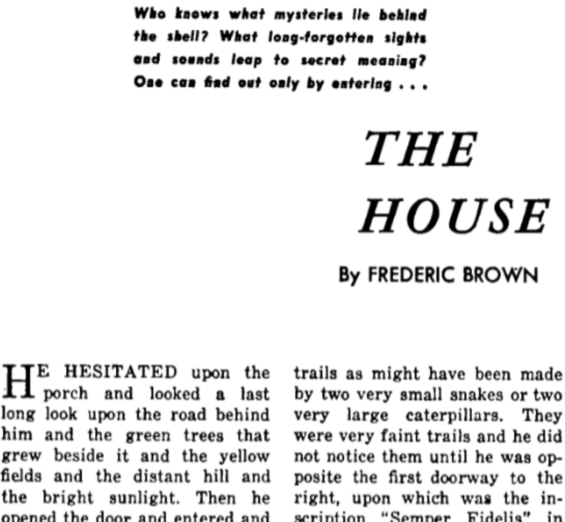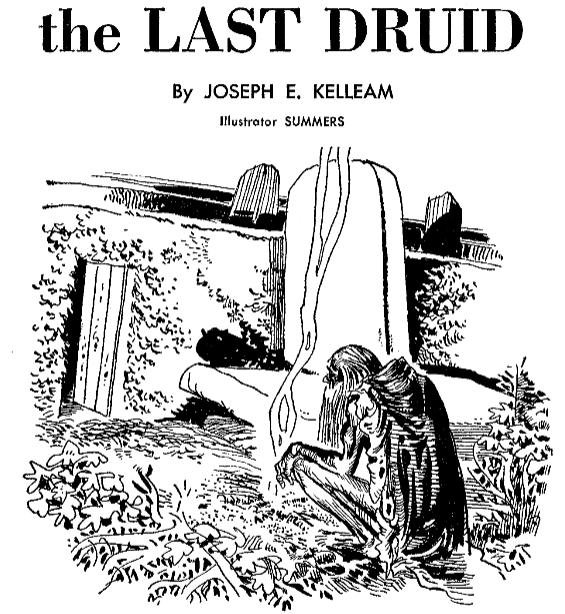

 The SFFaudio Podcast #276 – Jesse, Tamahome, and Fred discuss Angelmaker by Nick Harkaway.
The SFFaudio Podcast #276 – Jesse, Tamahome, and Fred discuss Angelmaker by Nick Harkaway.
Today’s podcast is sponsored by Downcast, a terrific podcast app for iPhone and iPad.
Talked about on today’s show:
Fredösphere’s (Fred Heimbaugh’s) choice, the Ann Arbour Science Fiction And Fantasy Literary Discussion Group (founded by Eric S. Rabkin), the audiobook, the confusing and scatter first half of the book, the audio version, Daniel Wayman is one of the best narrator’s Fred’s ever heard, A Scanner Darkly by Philip K. Dick (read by Paul Giamati), some books are better as audiobooks and some are better as textual books, Anathem by Neal Stephenson, Tony C. Smith, StarShipSofa, the glossary takes 30 minutes, Angelmaker is 18 hours, you have to pay close attention, do you listen to podcasts?, our SPONSOR: Downcast, the new iOS, Apple’s Podcasts App sucks, Downcast allows you to ultra-customize your podcast feeds, Levelator, volume booster for podcasts are too quiet, Protecting Project Pulp, Dan Carlin’s Hardcore History and Common Sense, noisy environments, the Downcast app is $3, updating feeds on the go, a podcast queue, if it isn’t in the iTunes store …, your custom HuffDuffer feed works great with Downcast, the SFSignal Three Hoarsemen Podcast, Tamahome uses Downcast, back to our regular programing, Jesse has no opinion about Angelmaker, this is Neil Gaiman’s Neverwhere by somebody else, the Neverwhere BBC TV adaptation, Nick Harkaway’s writing voice and actual voice are similar to Neil Gaiman’s, a completely undisciplined novel, a meandering through-line, the prose was “too plummy”, an editor with a strong whip-hand, Harkaway is enamored with great ideas, Goodreads has angry and bitter four and five star reviews for Angelmaker, unfinished novels don’t often get reviewed, books take a lot of time, why is it present third person every day tense?, breezy and informal sixteen-hour shaggy dog story, really really good writing, Ted Chiang, just because it’s old doesn’t mean it’s good, Tam is surprised, history and science, Neil Gaiman’s wild son?, talking about interesting things in interesting ways with interested characters, sexually aggressive women, a pulp fiction novel, Fred lays out the plot, Joe Spork, Matthew “Tommy-Gun” Spork, the grandfather, clockwork bees, a doomsday device, a female James Bond, the evil Asian mastermind, absurdly competent, Remo Williams, the Opium Khan aka Shem Shem Tsien, a brilliant French scientist (a Hakote), the “Apprehension Engine”, fundamentally transform human consciousness, waves, “step one: steal underpants”, instantly intuit the truth of reality, Nick Harkaway is interested in interesting things, the throwaway ideas, Project Habakkuk, a WWII project in a WWII setting, an aircraft carrier built out of ice, the u-boat service, cool and interesting, the frozen submarine and the frozen air-craft carrier, if Jesse wrote fiction…, a submarine and an elephant in the same sentence, this book has dream-logic, Harkaway wanted the submarine encased in ice and didn’t care if it was implausible (a rumour), torture, sex, a Saint-Crispin’s speech, an adventure book, humour?, funny?, a romp?, silly?, allusions, The Gone-Away World, Tigerman, steam-punk, clock-punk, the etymology of the word “punk”, coming from the street, about the visual, about the body, Neuromancer, looking and acting like a punk, steampunk is about dressing up, form and colour over function, Hayao Miyazaki, an obsession with body parts, an obsession with torture, “fingers getting cut-off”, one of the Goodreads reviews, the toe obsession, Polly’s sexy and knowledgeable toe, this book is a thousand Chekhov’s guns, the toothless dog, the Snowy of this novel, Tin Tin, Tam should read Tin Tin, Angelmaker would be a really good HBO show, the names, Spork, Friend, Cradle, realism is not being strived for, a word cloud for Angelmaker, what words are being used, over description, the main character looks at himself in a mirror, not a mirror but polished brass, very clever Nick Harkaway, René Descartes, a steam-punk pulp adventure spy thriller, Robert E. Howard’s muscular description of colour, Howard wrote short, a serious issue, very interesting and difficult reading, the tense, Nick Harkaway is Neal Stephenson by way of P.G. Wodehouse, people drowning in a world of epic fantasy, Grimm’s Fairy Tales characters are puppets, over-description, Joshua Joseph Spork embraces his gansterhood, Luke Burrage’s complaint about American Gods, the character arc, false or indulgent, decapitating the evil mastermind, the Thompson sub-machine gun, aggressively turning off a large portion of one’s brain, Ada Lovelace, trains are cool, cheap complaints, an unplugged wild adventure book, Blood Music by Greg Bear (short story and novels), what is he trying to say here?, science fiction writers, Eon, The Wind From A Burning Woman is an amazing author collection, despite the caveats, the “grey goo problem” and the nature of consciousness, is it the case we are not seeing the world directly?, medium sized objects, trucks and trees, Jesse found it very frustrating, the movie people, a comic booky plot, animation?, John le Carré, paging Dr. Freud, no editors, do editors even exist any more, Marissa Vu works for the author, enjoy a ride and live in a world and drown in an environment, the reader makes an investment in the world building, Darkon (2006), LARPing (live action role playing), Cory Doctorow, Jim Butcher, regular people, Elidor and Aquilonia, more fun to play than to watch, Dungeons & Dragons, more word-play and less shield-taping, escaping from a horrible day job, Thomas Jefferson’s idea for state-names, Fred’s novel, “you’re not like most people you read books”, to each there own, make it shorter and better, a unit of Jesse (7 hours), Ivanhoe, Sir Walter Scott, the modern medieval romance, Game Of Thrones, why Fred fully forgives Angelmaker‘s failings, scenes that don’t just advance the plot, when Jesse wrote fiction it was terrible, being blind to your own faults, self-blindness, the four boxes, incompetent but self-aware, the inevitable decline, Elmore Leonard, Rum Punch, Stephen King, William Gibson, Altered Carbon by Richard K. Morgan, early success, an overflowing fountains of ideas, Tam and Jesse were obsessed, enormous fun, Jesse doesn’t read books for fun but rather for edification, Mike Resnick, instinctual writers, Dean Koontz, Lawrence Block, Donald E. Westlake, writing the same novel over and over again, Neil Gaiman is a discovery writer, sprinkling plot points, Jesse shouldn’t try writing, Jesse’s curation #PUBLICDOMAIN fiction, The Wonderful Window by Lord Dunsany is basically a guy watching Game Of Thrones, like everybody else on Goodreads “this is the worst five star book I’ve ever read”, needs taming, layering done well, The Graveyard Book is a retelling of The Jungle Book, this novel should have spent a few days in the dungeon, rallying the underworld, Angelmaker would make a great Broadway musical.

Posted by Jesse Willis

 The SFFaudio Podcast #350 – Jesse, Scott, Jenny, and Tamahome talk about new audiobook releases and recent audiobook arrivals.
The SFFaudio Podcast #350 – Jesse, Scott, Jenny, and Tamahome talk about new audiobook releases and recent audiobook arrivals.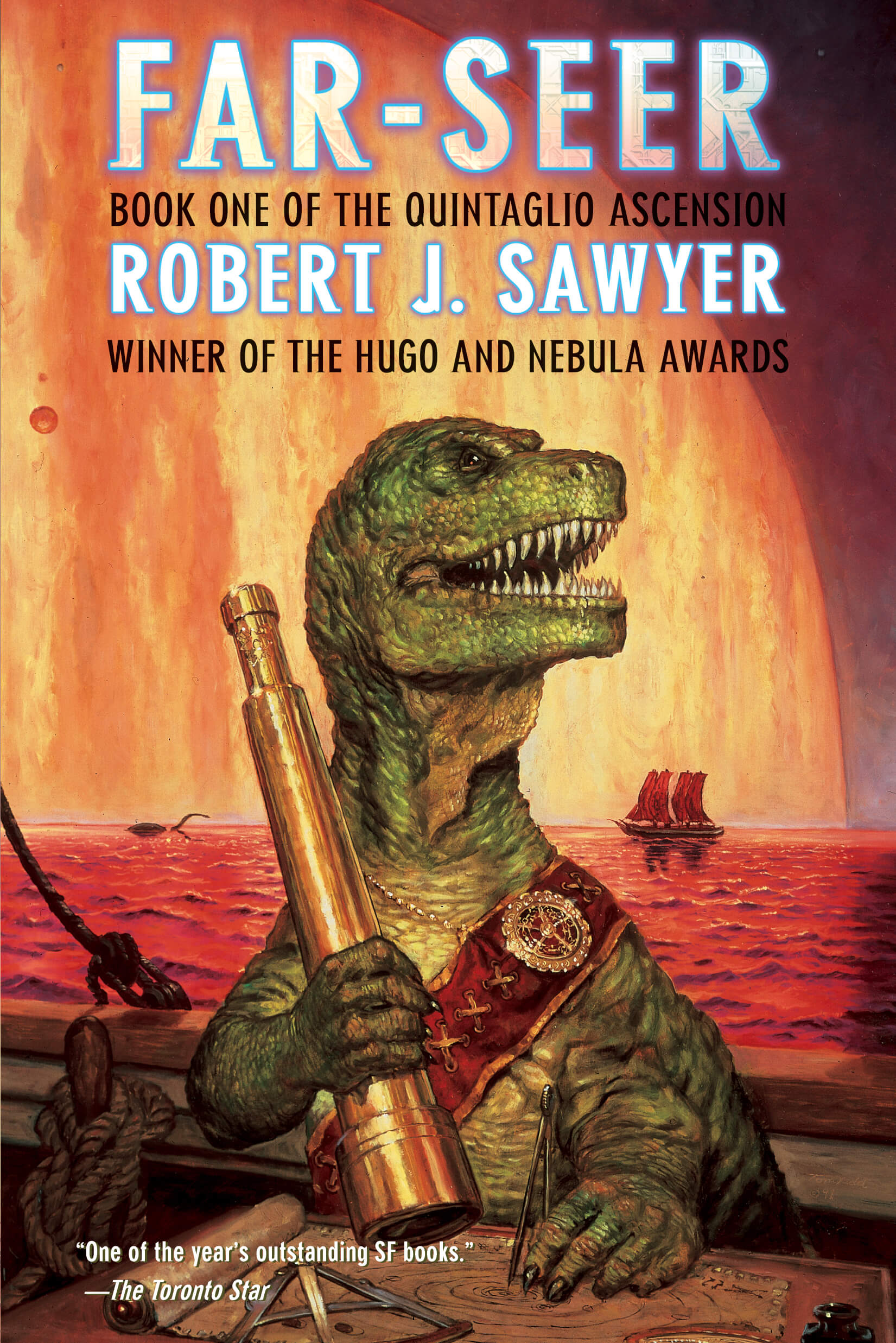
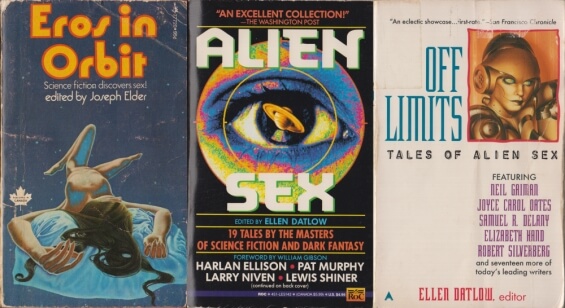
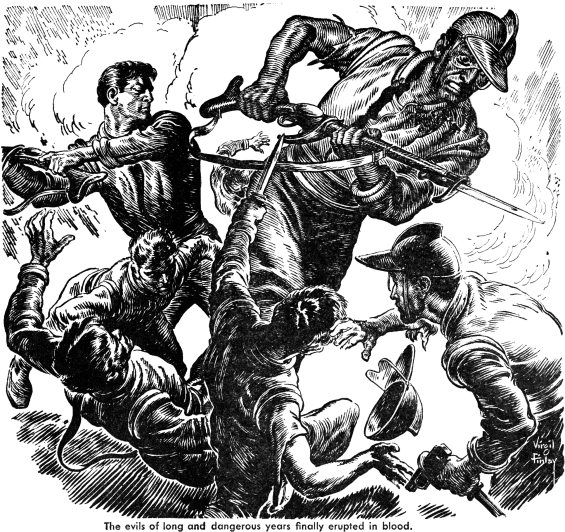
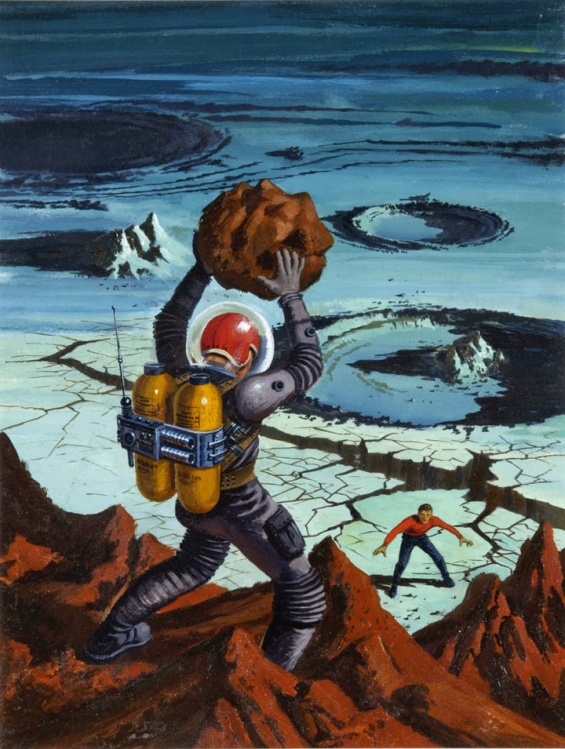
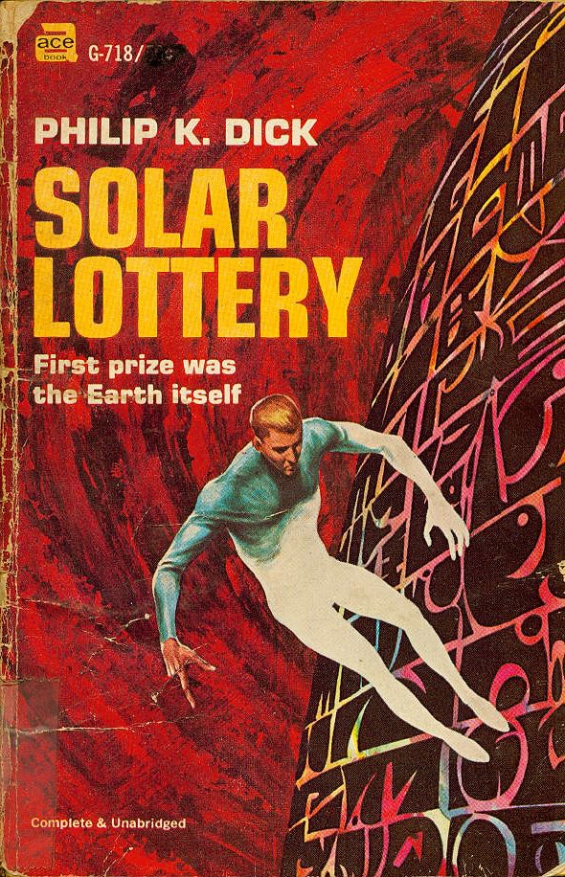
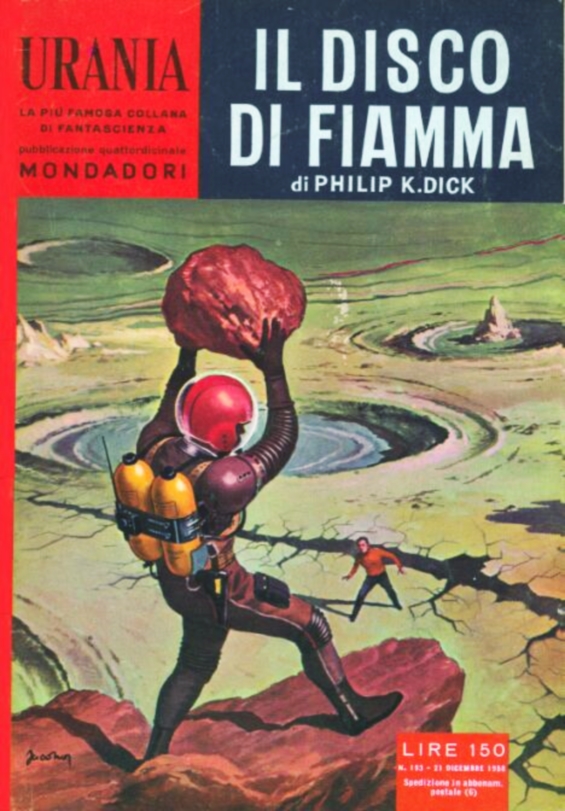
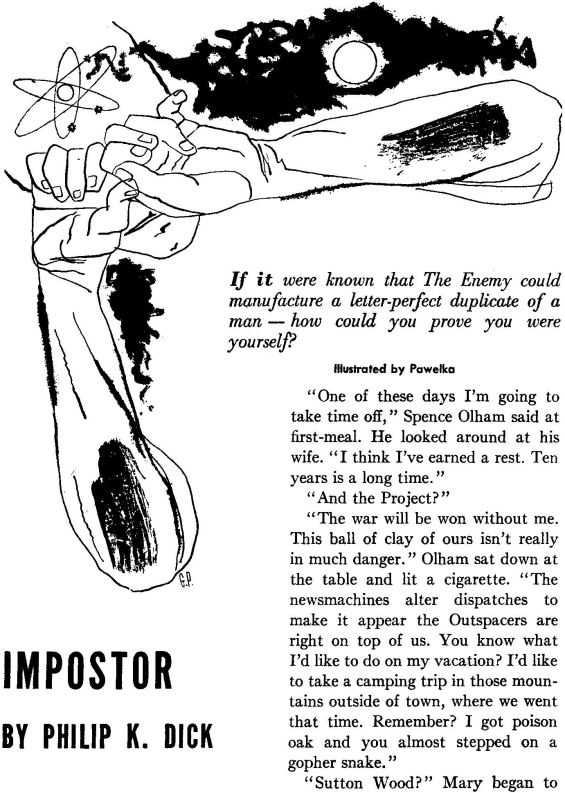

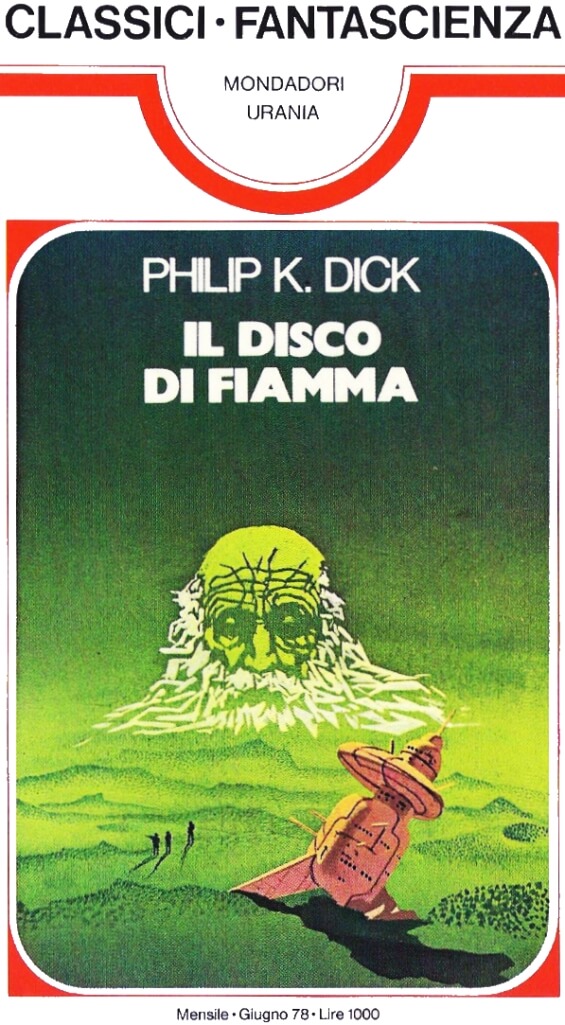
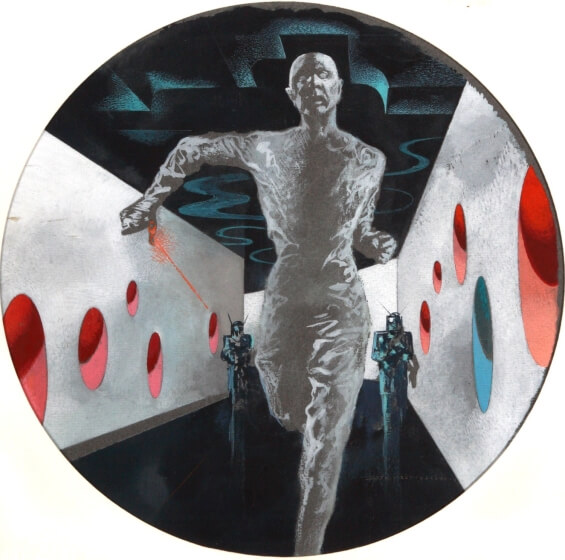
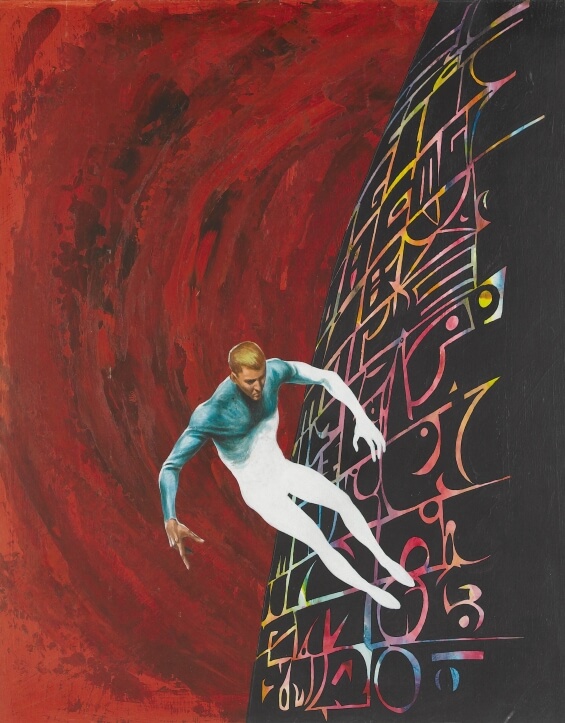

 The Peripheral
The Peripheral